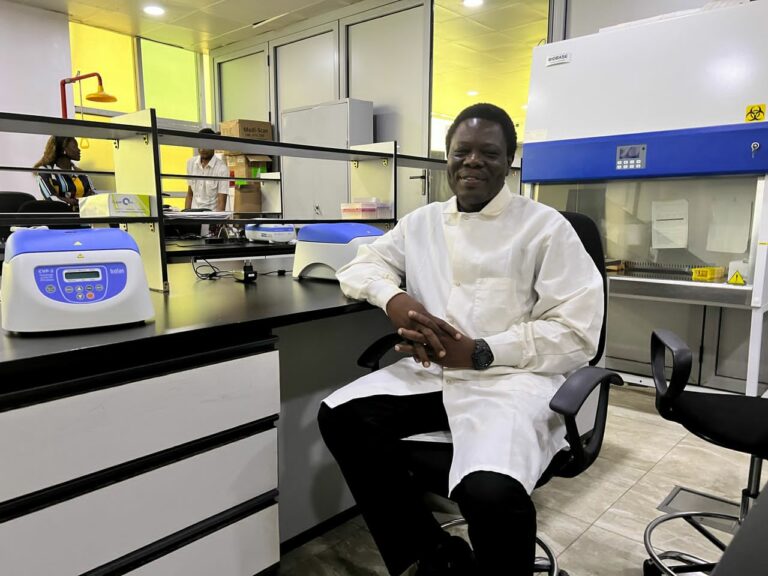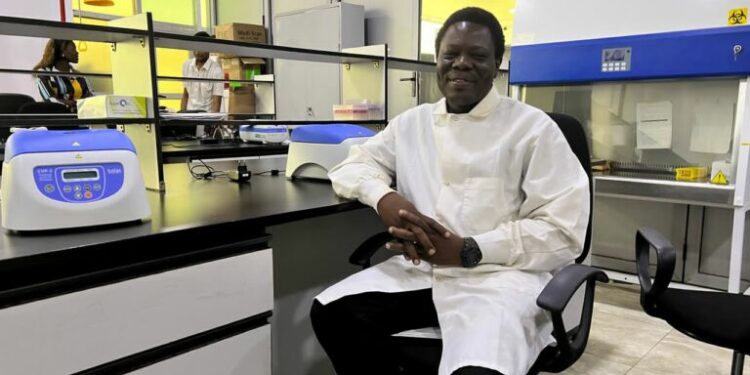A team of scientists from Covenant University, led by Prof. Solomon Rotimi, has made a groundbreaking discovery in understanding the genetic factors driving breast cancer among Nigerian women. The study, published in the Technology in Cancer Research and Treatment journal, highlights the importance of population-specific genetic testing and early screening tools tailored for Nigerian women.
The research team conducted a comprehensive study on the BRCA1 and BRCA2 genes, known to increase the risk of breast and ovarian cancer, in Nigerian breast cancer patients. The study revealed that:
About 7% of breast cancer patients had harmful changes in BRCA1 or BRCA2 genes, which were found only in women with triple-negative breast cancer who also had a family history of cancer.
These harmful variants were not found in healthy women.
The study discovered unique BRCA gene patterns (called haplotypes) that are distinct in Nigerian women, which are rarely or never seen in other populations.
Many other BRCA variants were found that, while not harmful on their own, may play a role in cancer risk when combined with other factors.
The study is a milestone for African science, demonstrating the capacity to conduct complex cancer genomics investigations independently without relying on Western expertise. The findings support the need for population-specific genetic testing and early screening tools tailored for Nigerian women, which can help in early identification of women who are at higher risk of breast or ovarian cancer.
The study’s findings have significant implications for cancer control in Nigeria. The discovery of unique genetic markers for breast cancer in Nigerian women opens the door to genetic counseling and more personalized treatment options, which are particularly effective for BRCA-related breast cancers. This breakthrough study highlights the importance of investing in local research and development to address the specific health needs of African populations.
The Covenant University study has made a significant contribution to the understanding of breast cancer genetics in Nigerian women. The findings of this study will inform the development of targeted interventions and screening programs to reduce the burden of breast cancer in Nigeria. Further research is needed to explore the genetic factors driving breast cancer in different populations and to develop effective strategies for cancer control.









